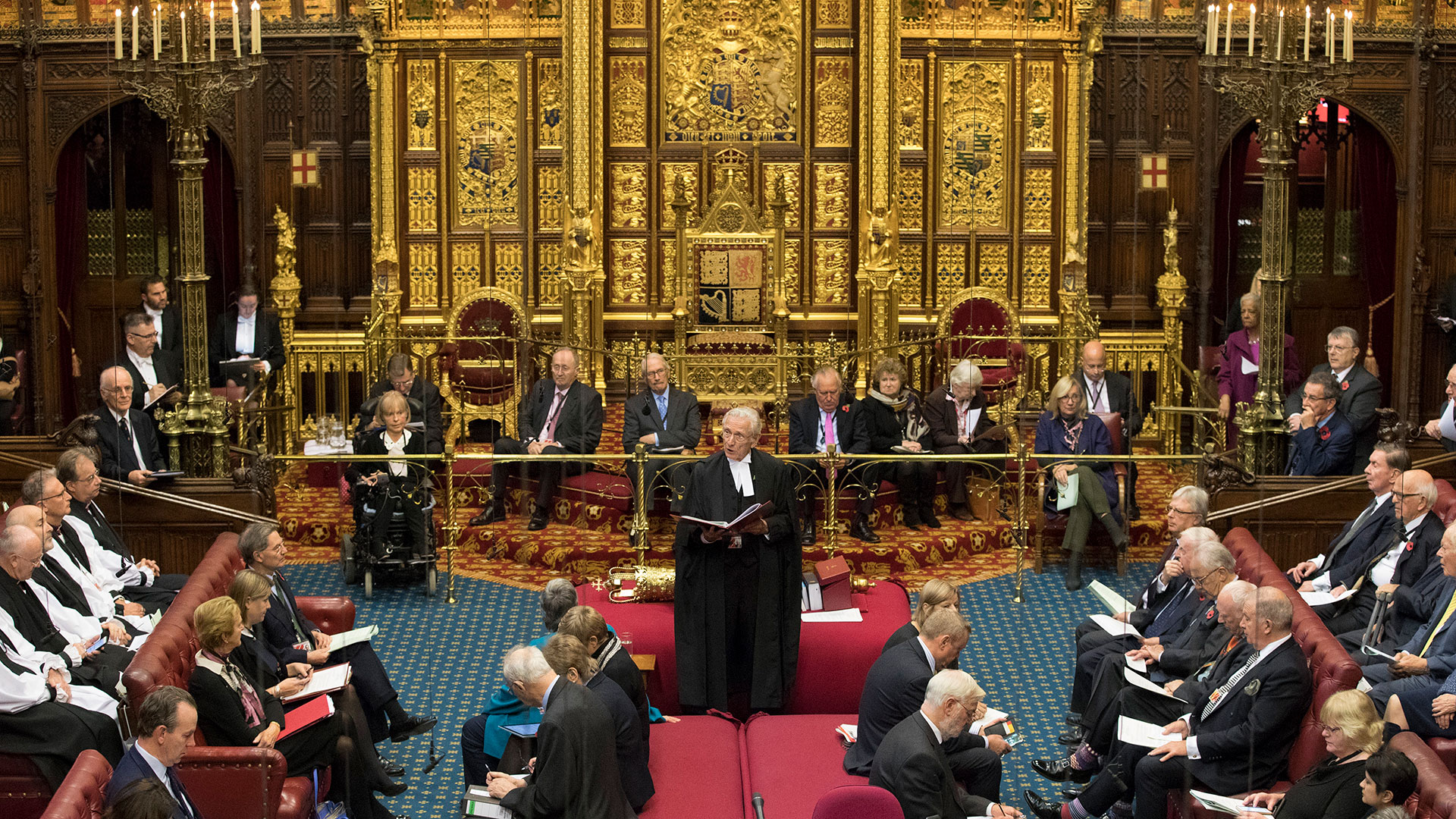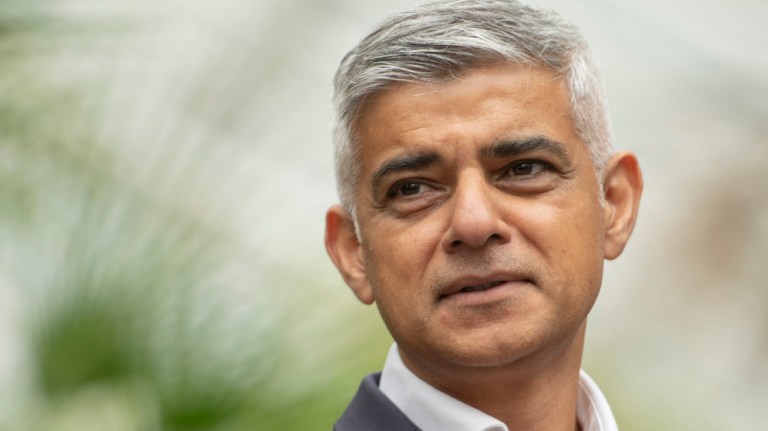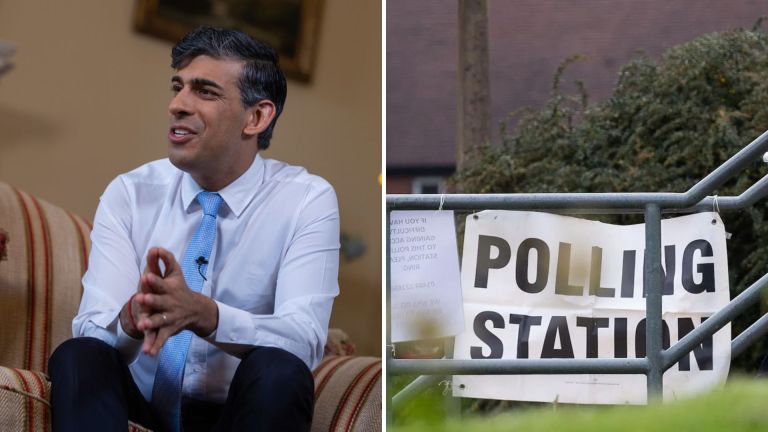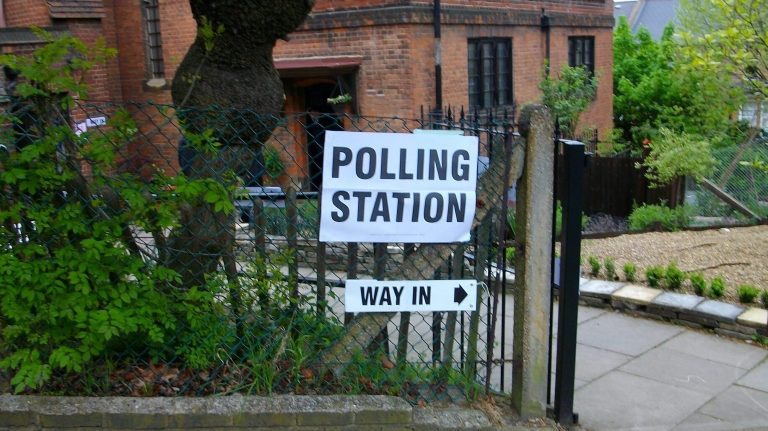The legislation puts the UN’s 17 Sustainable Development Goals at the heart of decision-making to ensure that the impact of those decisions will be felt in the long-term.
That means moving away from the sticking-plaster approach and the emergency thinking that is so costly and often ineffective. Instead, the act encourages prevention when looking to tackle persistent problems like poverty, health inequalities and climate change.
Sophie Howe was placed in charge of overseeing how that would be achieved as Wales’ Future Generations Commissioner, with her remit extended to ensure that no decisions will be made that the future generations have to pay for in the decades ahead. If she believes that a public body has not kept to the spirit of the act, Howe’s office can carry out a review and recommend how they can improve – what she terms “name and shame powers”.
But how has it changed life for the young people of Wales?
Bringing such a seismic shift in thinking and culture has been a monumental – but necessary – challenge. In a report looking at how the act had been implemented two years after coming into force, auditor general for Wales Huw Vaughan Thomas concluded that while culture change had been slowly adopted, short-term funding remained a central concern for bodies when it came to adopting it.
“There is a risk that for some, the Well-being of Future Generations Act is perceived as ‘another thing to do’,” he said. “Unless those bodies and individuals adopt a mindset where they see sustainable development as an approach that can help them address major budget and service challenges, rather than an additional burden, they will be unable to make the most of the opportunity the act affords.”
But the forward-thinking of the Welsh legislation played a pivotal role in shelving plans for an M4 relief road around Newport once the environmental and cost implications were taken into consideration.
Following the “brave” June decision by the First Minister Mark Drakeford, Howe praised it as the “right one for people and planet”.
The commissioner has also been banging the drum for other countries, not just other UK nations, to get involved. Howe has spoken to PEMB Barcelona, the Catalan city’s own forward-thinking group, as well as the OECD in recent weeks.
Lord Bird’s bill will aim to replicate the Welsh legislation and bolster it, with extra teeth. It aims to enshrine in law the creation of an independent UK Commissioner for Future Generations and a requirement on (non-devolved) public bodies, including the UK government, to balance the needs of the present with the needs of the future in the decision making.
The bill will also add an explicit legal right for individuals to hold those bodies to account where their duties are not being met, taking it a step further than in Wales.
The draft legislation – which will be co-sponsored by Green MP Caroline Lucas – also features a requirement for government departments to set and publish wellbeing objectives, and account for – and increase – its preventative spending.
Like the Welsh act, the bill looks to go beyond GDP as measure of our country’s health, instead placing importance on wellbeing and the UN’s Sustainable Development Goals.
When the Future Generations Bill is introduced to the UK Parliament this week, it will come at a time when trust in Westminster is at a low ebb – the Hansard Society reckons it’s at its lowest point in 15 years.
Brexit is continuing to dominate the conversation and suck up the oxygen in Westminster. And outside Parliament, the Extinction Rebellion protests are seeing activists demanding to have their say in decision-making and pleading with leaders to do more to reach carbon net zero before the current 2050 target.
We have tirelessly made it our mission to bring sustainable solutions to social problems since we started out in 1991.
Prevention makes sense for many reasons, whether it’s for homelessness or saving the planet. It stops people from falling into dire situations and, in the long run, it also saves cash. This campaign places The Big Issue’s focus on prevention at the heart of the decision-making in this country. As we celebrate our 28th birthday, join us on the path to making it a reality.
The Future Generations Act is part of a wider campaign by The Big Issue to dismantle poverty by laying the groundwork now for a more equal society for the generations who follow. We’re calling it Today for Tomorrow and you can find out more in the magazine over the coming months.
And visit TodayForTomorrow.org.uk to find out what you can do.
#TodayForTomorrow
Image: Getty









